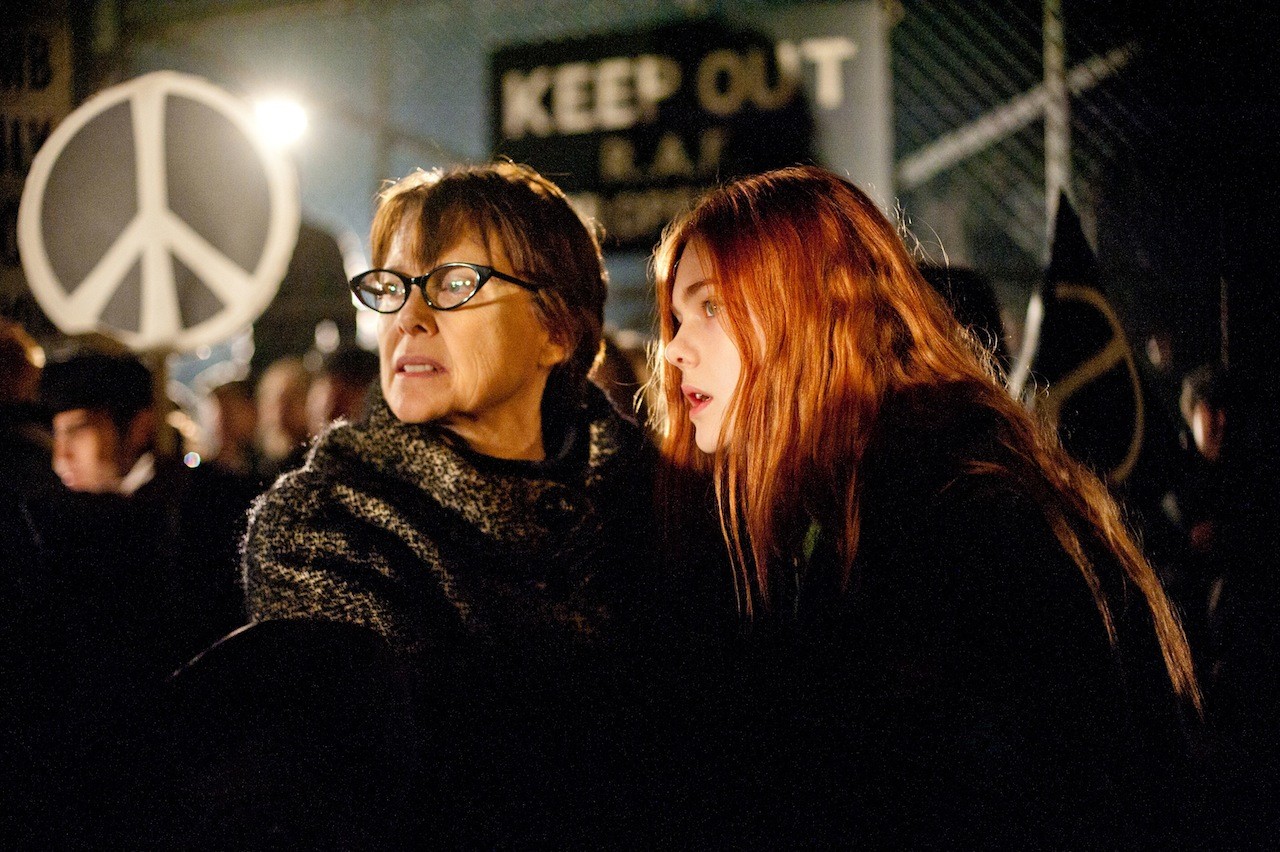 |
| Annette Benning (Bella) and Elle Fanning (Ginger) |
Day 3 for me and my pal C (day 4 for the festival). No rain today … a gorgeous September day!
Literary themes and events discussed, book and film reviews, short essays on life such as it is.
 |
| Annette Benning (Bella) and Elle Fanning (Ginger) |


Michelle Alfano's Made Up of Arias beautifully evokes an immigrant childhood lived against the backdrop of opera, which stands in for all that her characters have lost or will never attain even while it speaks to the most common and everyday of their tragedies and joys. Alfano writes with the humour and compassion of someone who not only understands her characters, but forgives them.
Nino Ricci, Governor General Award winning author of The Origin of Species and Lives of the Saints
As a writer, Michelle Alfano has it all. Her narratives are beguiling and true and populated by vivid, convincing characters. She has a mastery of metaphor, each one is effective. I can’t say enough about her prose; it is sensuous and crystalline, intelligent and insightful. I have read her novellaMade Up of Arias three times. It stood up under the multiple readings. Each time I was both entertained and moved.
Caterina Edwards, Finding Rosa: A Mother with Alzheimer's, a Daughter in Search of the Past
Cultural observer and literary editor Michelle Alfano’s A Lit Chick blog is sharp, funny and thoughtful; her Bressani Award-winning novella,Made Up Of Arias, shows another side of this talented writer. In a story as operatic as the central metaphor in the lives of the Pentangeli family, whose mother sings arias from the rooftop and children act out dramas in front of a billboard on Paradise Street, this novella explores the tragedy and comedy of everyday life, with grace notes that beautifully evoke both postwar Sicily and a working class Ontario neighbourhood of the nineteen-seventies. Highly recommended.
Terri Favro, The Proxy Bride (Quattro Books, 2012)
Made Up of Arias is all the voices of childhood, all the stories that allow a child's imagination to safely try on adult themes. Alfano is a keen observer, with an eye for detail and a gift for humour. ... This charming story is well worth reading.
Julie Booker, Partners, ICCT, Spring 2009
Made Up of Arias is an important and welcome addition to the tradition of Italian-Canadian literary voices. [Michelle Alfano] is also an outstanding writer whose fiction carves a distinct place in Canada’s national narrative. Beautifully observed, richly comic, heartbreaking and compelling, Made up of Arias, deserves to be read by a broad audience as well as specialists.
Lilia Topouzova, Italian Canadiana,December, 2009
In her novella,Made Up of Arias, writer Michelle Alfano speaks in the beautifully compelling, yet remarkably guileless voice of her protagonist and narrator, Lilla Pentangeli ... Michelle Alfano’s mastery of English and Italian, her knowledge of opera, and her ability to elevate the ordinary, are inspiring and transforming.
Lina Medaglia, The Demons of Aquilonia, Accenti Magazine, Spring, 2010
I laughed out loud and cried too as I read this wonderful novella...There is such joy in this family, and there is such sorrow too…and Michelle Alfano evokes all of that with her stunning prose and her ability to make us see and grow to love this family, and just like in an opera, we also get to see ourselves.
Rachel Guido deVries, VIA – Voices in Italian Americana, Fall 2012
Michelle Alfano’s [Made Up of Arias] is a colourful, beautiful and fascinating story of the Pentangeli family immigrating to Canada …
Stefania Bartucci, “Italian-Canadian author Michelle Alfano connects opera to immigration”, Tandem, February 13, 2010


1 comment:
I am still thinking about this film. So far the most challenging. I was very impressed with Elle Fanning's acting. I was shocked to find out she's was 13 when this was shot -- her work was very nuanced and mature.
And as an aside -- I loved Annette Bening's shoes.
Post a Comment